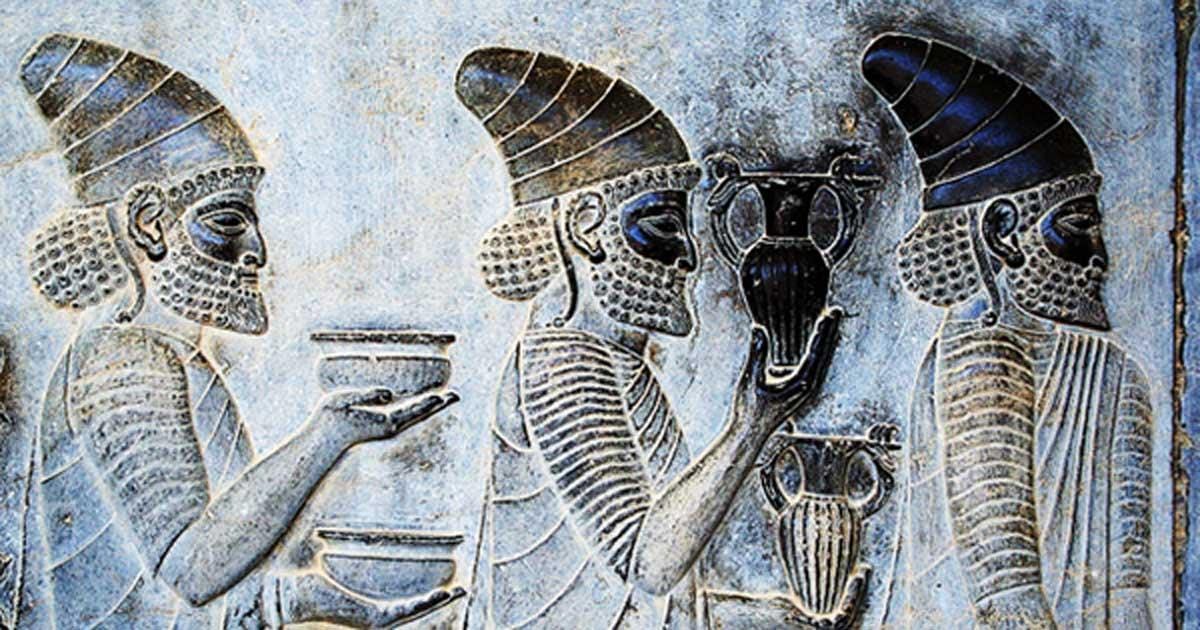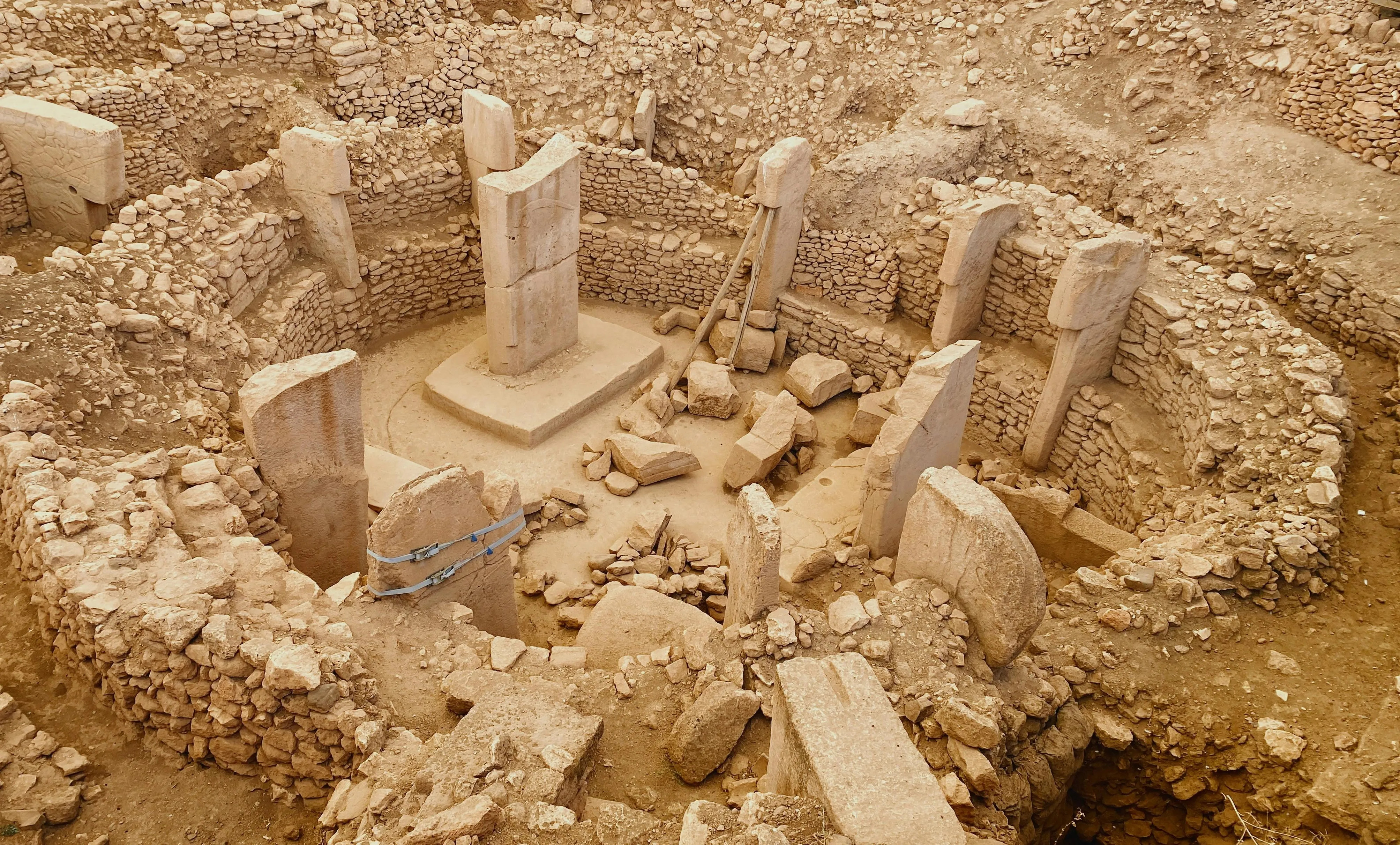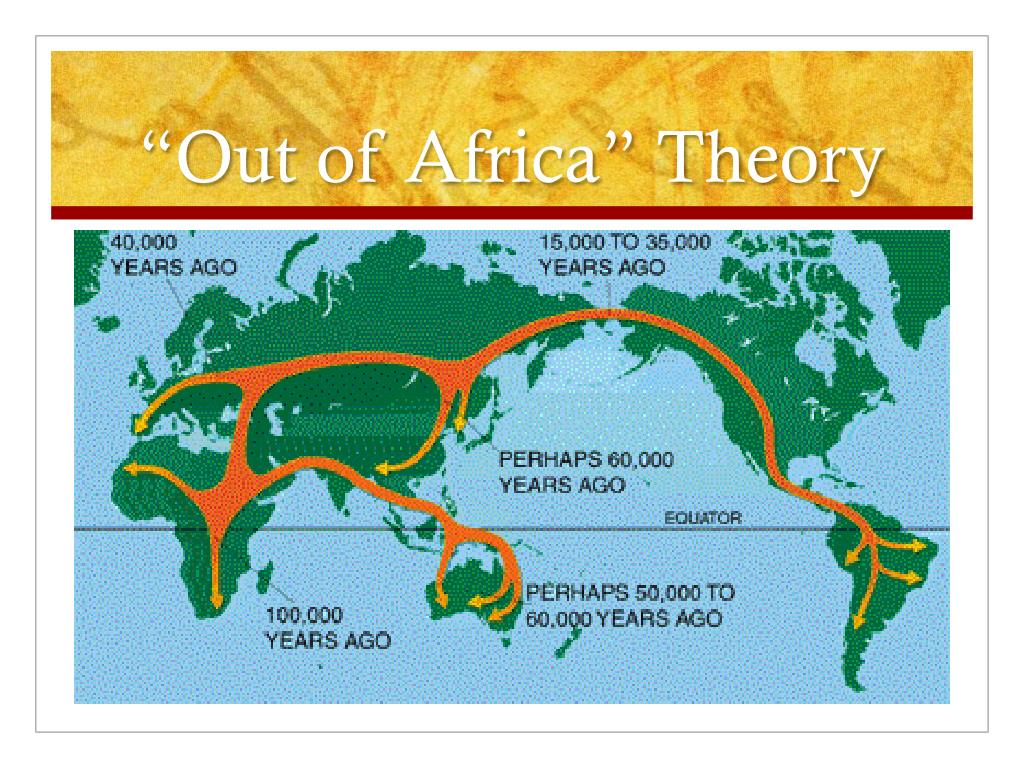Origin of "Alcohol" : Uncorking the History

The word "alcohol" seems as ingrained in our vocabulary as the beverage itself is in many cultures. But have you ever stopped to consider where this word, used to describe everything from celebratory champagne to potent spirits, actually comes from? The answer, as with many etymological mysteries, is more complex and intriguing than it first appears. It might surprise you to learn that the origin of "alcohol" has been the subject of a relatively recent scholarly debate, overturning long-held assumptions and shedding light on the fascinating interplay of language, culture, and history.
The Long-Standing Assumption: From Kohl to Alcohol
For decades, the standard explanation for the origin of "alcohol" went as follows: the word traced back to the ancient Arabic word "al-kuḥl," meaning "the kohl." Kohl, a fine powder used as eye makeup in ancient times, was created through a process of sublimation. This process, involving the heating and condensation of a substance, was seen as analogous to the distillation process used to produce concentrated alcohol.
This explanation seemed to fit. The phonetic similarities between "al-kuḥl" and "alcohol" are evident, and the connection to distillation provided a logical link. This etymology was widely accepted and appeared in numerous dictionaries and academic texts.
Challenging the Paradigm: A New Theory Emerges
However, in the late 20th and early 21st centuries, this long-held belief began to be challenged. Scholars pointed out that the connection between "al-kuḥl" and distilled alcohol was tenuous at best. The distillation of alcohol, while practiced in the medieval Islamic world, was not the primary method of alcohol production in the region at the time the word "alcohol" emerged in the West.
Furthermore, linguists began to question the phonetic evolution of the word. The transition from "al-kuḥl" to "alcohol," while plausible, lacked clear evidence within the known patterns of Arabic loanwords entering European languages.
A Different Kind of Spirit: The Rise of "Spiritus Vini"
This reexamination led scholars down a different path, one that focused on the Latin term "spiritus vini," meaning "spirit of wine." This phrase, commonly used in medieval Latin texts on alchemy and medicine, referred to the volatile, flammable component of wine that was considered its essence or spirit.
The concept of "spiritus vini" aligned with the prevailing alchemical beliefs of the time, which viewed substances as possessing distinct spirits or essences. Alcohol, with its intoxicating and transformative effects, was seen as a particularly potent example of this concept.
A Linguistic Bridge: From "Spiritus" to "Alcohol"
Linguistic analysis provided further support for this new theory. The term "spiritus" itself had a long history, evolving from the Latin word for "breath" or "spirit." This connection to the ethereal and intangible mirrored the perceived qualities of alcohol.
The evolution from "spiritus vini" to "alcohol" was not a sudden leap but rather a gradual process of linguistic shortening and adaptation. Forms like "alcohol vini" and "alcohole" appeared in various texts, demonstrating the linguistic bridge between the Latin phrase and the modern word.
Conclusion: Embracing Etymological Complexity
The debate over the origin of "alcohol" is a reminder that etymology is not a static field but rather a dynamic and evolving area of study. New discoveries and interpretations can challenge long-held assumptions, revealing hidden connections and illuminating the rich tapestry of language.
While the connection to "al-kuḥl" remains a possibility, the evidence increasingly points towards "spiritus vini" as the more likely origin of "alcohol." This newer theory highlights the influence of medieval alchemy and the enduring fascination with the intoxicating and transformative powers of this ubiquitous beverage.
So, the next time you raise a glass, take a moment to appreciate not just the drink itself but also the intriguing history hidden within the very word used to describe it.


















Comments ()